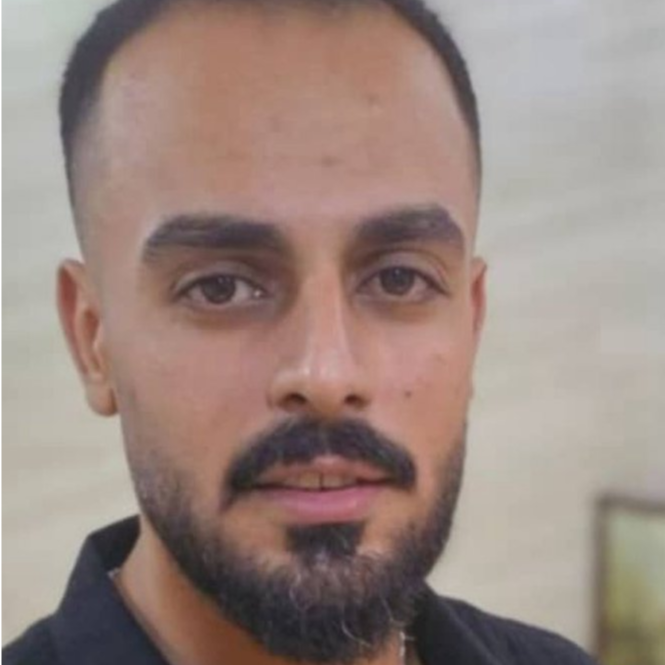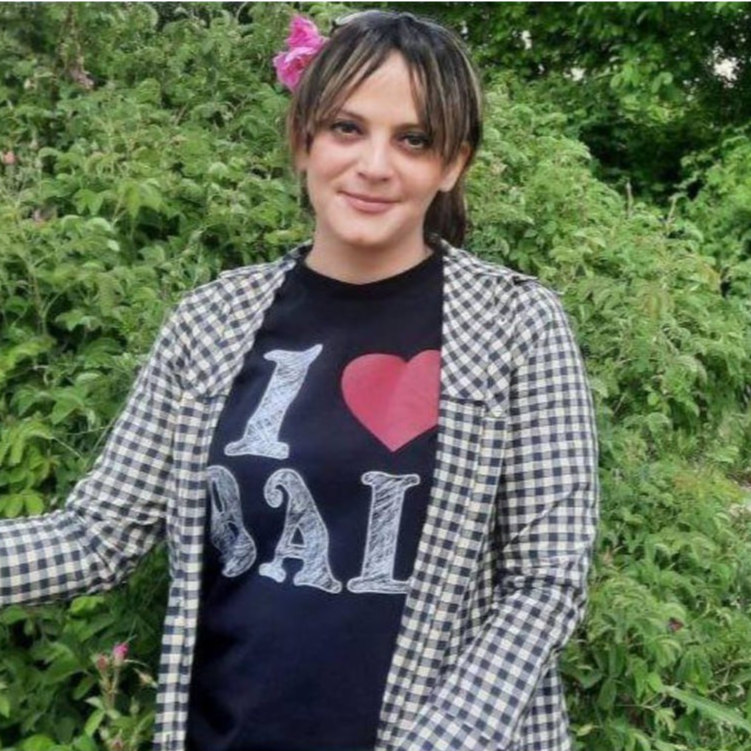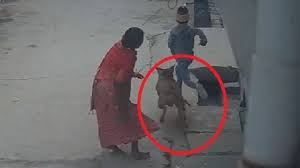Tehran, Iran (November 19, 2025) — The Bahá’í community in Iran continues to face intensified state-sponsored persecution, with a series of recent arrests, lengthy prison sentences, and acts of vandalism targeting sacred sites. These incidents, spanning cities like Shiraz, Gonbad-e Kavus, Hamedan, and Semnan, highlight a pattern of arbitrary detention and judicial harassment against Iran’s largest non-Muslim religious minority. Concurrently, international advocacy efforts underscore the global call for inclusion and protection of minority rights, as representatives from the Bahá’í International Community (BIC) engage with United Nations forums in Geneva.
Wave of Arbitrary Detentions Persists
In Gonbad-e Kavus, Mr. Kourosh Ziari and his wife, Mrs. Sholeh Shahidi Ziari, a devoted Bahá’í couple, remain incommunicado following their detention by security forces. No updates on their whereabouts or well-being have been provided to family members, raising grave concerns about their safety in Iran’s notorious detention facilities.
Similarly, in Shiraz, Mrs. Negar Misaghian has been held for 14 days in an Intelligence Ministry center without access to legal counsel or family. Her arrest, part of a broader crackdown, leaves her status shrouded in uncertainty.
Mr. Afshin Haghighat, another Shiraz resident, marks 21 days in custody, with authorities stonewalling inquiries from his relatives. And Mr. Fardin Bangaleh, a father of a young child, has endured 12 days of isolation since his raid by agents, with his health and location unknown.



In Hamedan, six Bahá’í women—Neda Mohebbi, Atefeh Zahedi, Farideh Ayyoubi, Noura Ayyoubi, Zarrindokht Ahadzadeh, and Jaleh Rezaie—were recently arrested and transferred to prison to commence serving multi-year sentences for their peaceful faith-based activities. These women, pillars of their community, now join hundreds of Bahá’ís imprisoned solely for practicing their religion.
Fardin Bangaleh Held 12 Days After his Arrest

Harsh Sentencings and Exile
The judicial machinery against Bahá’ís shows no signs of abating. On October 25, 2025, Mrs. Roya Sabet was forcibly removed from her sister’s home in Shiraz by eight IRGC Intelligence agents, including a female operative, and transferred to Adelabad Prison to begin a 10-year term. The operation, executed under the guise of an arrest warrant, exemplifies the invasive tactics employed against the community.

In Kerman, Mr. Shahram Fallah, already imprisoned, received a draconian sentence from Branch 1 of the Revolutionary Court: 13 years, six months, and two days in prison, plus one year of internal exile to Birjand. His “crimes”—membership in the Bahá’í faith and related communal service—underscore the regime’s use of vague national security charges to suppress religious freedom.
Adding to the injustice, Mrs. Anisa Fanaian in Semnan faces an unchanged eight-year prison term, despite a Supreme Court ruling that should have overturned it. Branch 10 of the Semnan Court of Appeals, under Judge Mohammad Balouchi and Associate Judge Afshin Dash-Mohammadi, ignored the higher court’s directive, perpetuating a cycle of retributive justice.
Travel Restrictions and Legal Intimidation
Mrs. Yekta Fahandej Saadi encountered state harassment upon returning from abroad at Shiraz Airport, where security agents confiscated her passport and personal belongings after an invasive search and interrogation. Such measures aim to isolate Bahá’ís from international travel and family ties.

Ms. Nasrin Khajeh Sharafabadi, formerly of Isfahan, now faces an in absentia travel ban and arrest warrant issued in mid-October 2025. Despite being outside Iran, a Sana system notification summoned her on charges of “acting against national security,” “propaganda against the regime,” and “promotion of the Bahá’í Faith.” Recalling her 2018 detention during a health class alongside 17 others—released on bail after four days—her case awaits final adjudication, with the ban serving as a preemptive barrier to her potential return.
Shahram Fallah Sentenced to Over Thirteen Years Imprisonment and Exile
Shahram Fallah, a Baha’i currently detained in Kerman Prison, has been sentenced by Branch 1 of the Revolutionary Court in Kerman to 13 years, six months, and two days in prison, along with one year of exile to the city of Birjand

Supreme Court Ruling Ignored in Bahá’í Case
Mrs. Anisa Fanaian, a Baha’i resident of Semnan, has once again been sentenced to eight years in prison. The new verdict was issued by Branch 10 of the Court of Appeals in Semnan province presided by Judge Mohammad Balouchi and Associated Judge Afshin Dash-Mohammadi and remains unchanged from her previous sentence.

UN Forum on Minority Rights
Simin Fahandej, BIC Representative to the UN in Geneva, opened last week’s OHCHR Minorities Fellowship Programme, emphasizing how inclusion can transform society and reminding us that “when any group is excluded from participating fully in the life of their nation, all of humanity is affected and diminished.”
The Minorities Fellowship Programme is a training initiative by the UN Office of the High Commissioner for Human Rights (OHCHR) for human rights defenders from minority groups to learn about the UN human rights system. The session was also attended by Nicolas Levrat, the UN Special Rapporteur on minority issues, and a representative from the Permanent Mission of Austria.

Dialogue on Minority Rights at the BIC Office in Geneva
The Minority Fellows from 17 countries, participating in the Minorities Fellowship Program, made an institutional visit to the Bahá’í International Community office in Geneva. The visit provided an opportunity for the fellows to learn more about the work of the BIC and its engagement with UN mechanisms, and to engage in discussions on its efforts to promote the rights of minorities.
Desecration of Sacred Spaces
Vandalism struck at the heart of Bahá’í remembrance on October 21, 2025, when visitors to Golestan Javid Cemetery in Semnan discovered offensive graffiti scrawled on walls and graves. Marking the anniversary of loved ones’ passing, the group uncovered this act of hatred by unidentified perpetrators, a stark reminder of the impunity enjoyed by those inciting religious animosity.
Global Spotlight on Minority Inclusion
As these domestic atrocities unfold, the BIC amplifies Bahá’í voices on the world stage. Last week, BIC Representative to the UN in Geneva, Simin Fahandej, inaugurated the OHCHR Minorities Fellowship Programme, a training for human rights defenders from minority groups. Fahandej emphasized transformative inclusion: “When any group is excluded from participating fully in the life of their nation, all of humanity is affected and diminished.” The event drew Nicolas Levrat, UN Special Rapporteur on minority issues, and a delegate from Austria’s Permanent Mission.
The Fellows, hailing from 17 countries, later visited the BIC office in Geneva for dialogues on UN engagement and minority rights advocacy. These exchanges highlight the BIC’s pivotal role in fostering global mechanisms to combat exclusion, even as Iran’s Bahá’ís endure its starkest manifestations.
Human rights organizations and the international community have repeatedly condemned Iran’s systemic discrimination against Bahá’ís, including denial of education, employment, and burial rights. Calls for immediate release of detainees and accountability grow louder, with the UN’s focus offering a beacon of hope amid the shadows of repression.
*This report is compiled from verified community updates and UN proceedings. For further details on individual cases, contact the Bahá’í International Community.*








